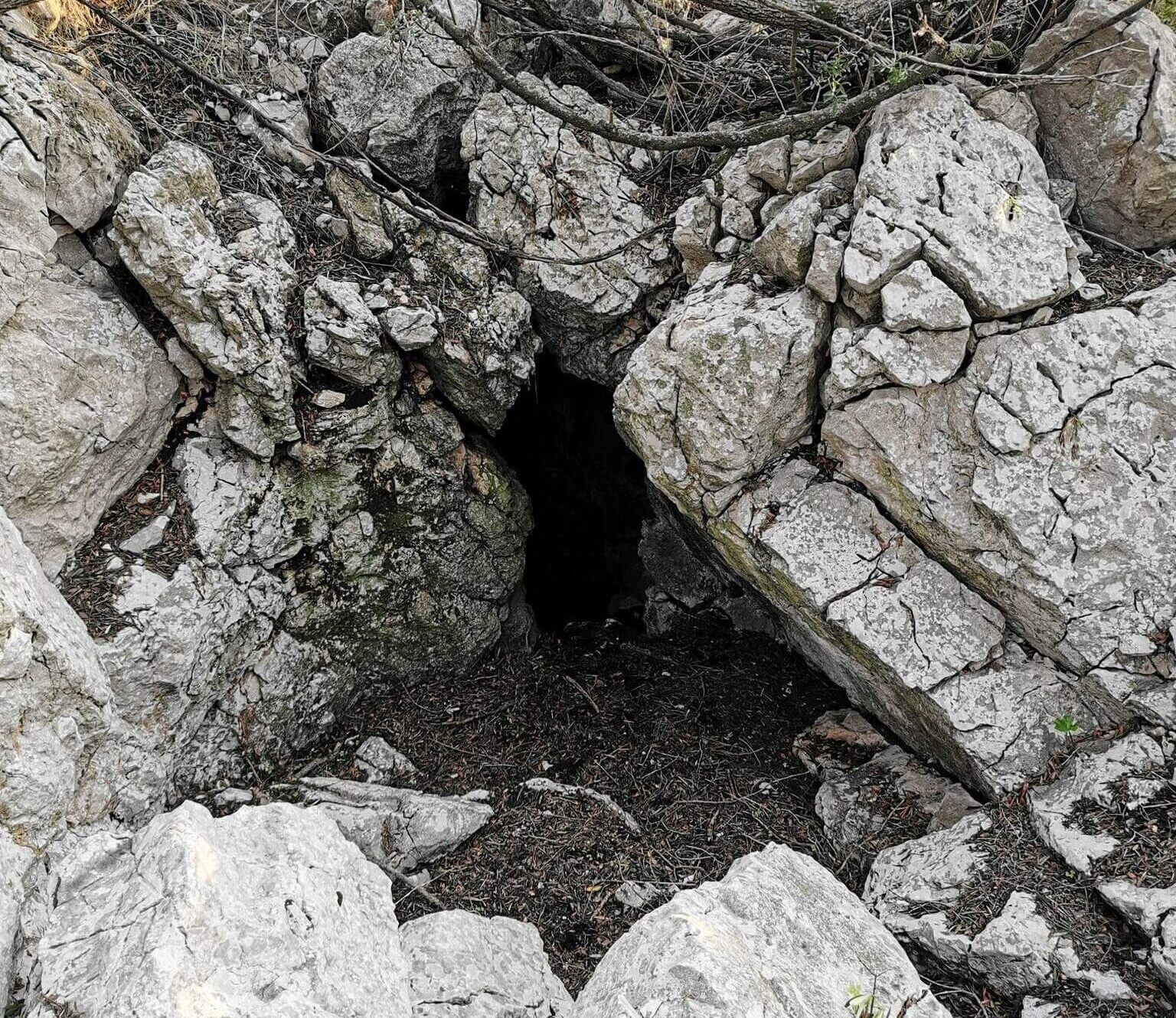
A New Light on Šćedro’s Prehistoric Mystery: Astonishing Discoveries in Ratina Cave
Recent archaeological excavations on Šćedro Island, situated south of Hvar, have dramatically reshaped our understanding of the island’s prehistoric significance. Notably, the work conducted in Ratina Cave has uncovered evidence of human activity that dates back to the Late Neolithic period, pushing back the timeline of settlement on the island by approximately 3,000 years from
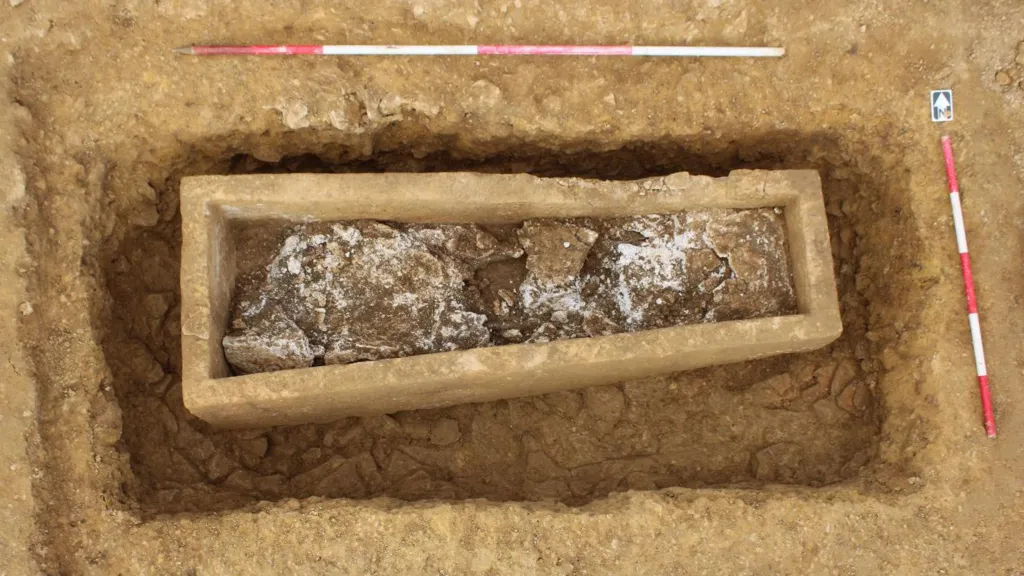
A Unique Tomb Filled with Jewellery was Discovered in A Roman Cemetery Near Wansford
During the expansion of the A47 road near Wansford, close to Peterborough, a remarkable Roman cemetery was unexpectedly uncovered, leaving archaeologists in awe. The excavation team describes this site as “extraordinary” due to the diverse burial practices and the array of grave goods discovered. Notably, the jewelry found with a young child and a solid
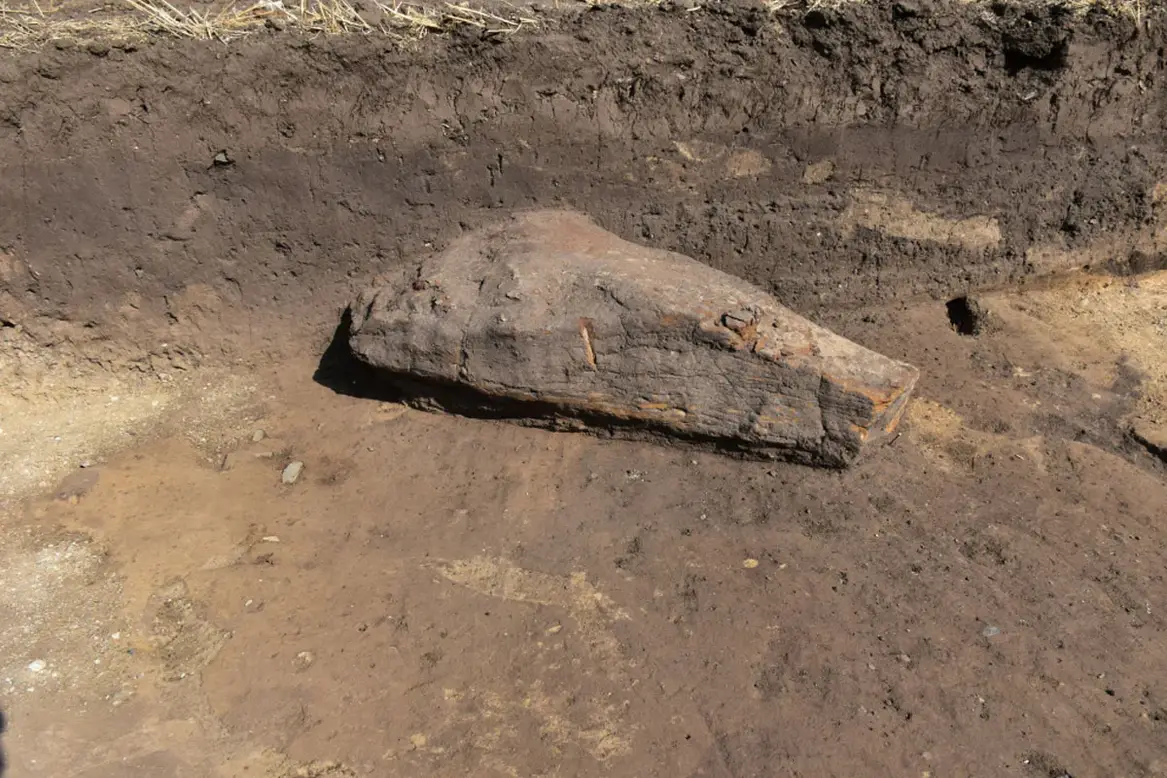
German Archaeologists Discover a Rare Monolithic Menhir
In the Warmholzberg area near Halberstadt, in the German state of Saxony-Anhalt, archaeological excavations have uncovered a monolithic menhir dating back to the Middle Bronze Age. Initially thought to be remnants from the medieval period, the examination of underground ditches actually pointed to a burial site belonging to the Baalberg culture from the 4th millennium
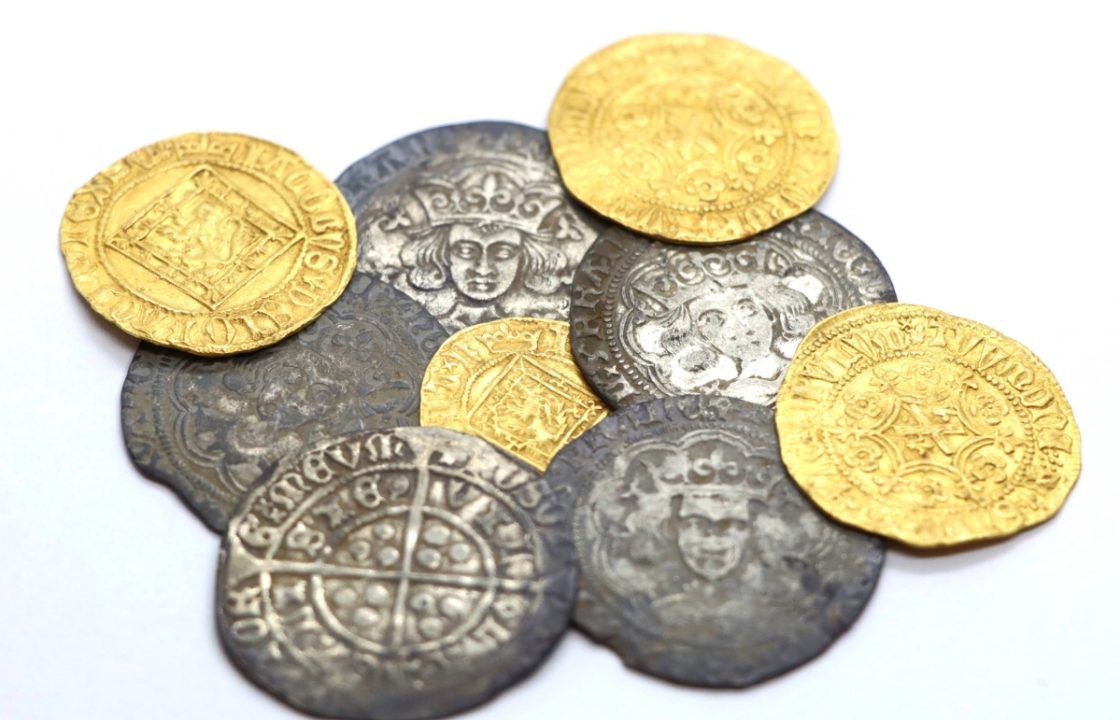
Metal detector users discovered a hoard of medieval coins from the 15th century on the Scottish border
Two metal detector users recently found a hoard of medieval coins from the 15th century on the Scottish border. Keith Young and Lisa Stephenson were in the Cappercleuch area when their detectors began to signal. They discovered a treasure they never expected. This hoard includes thirty gold and silver coins left in the area between
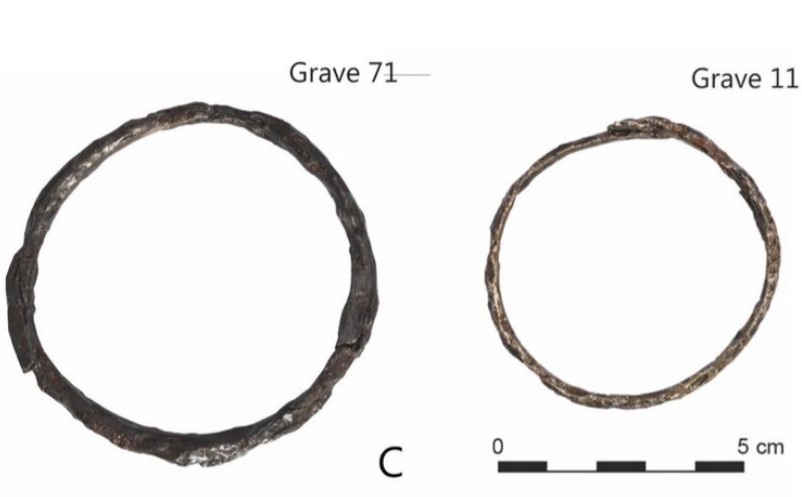
A new study shows the presence of rare meteoric iron in 2,700-year-old artifacts in Poland
Scientists have identified the presence of rare meteoric iron in artifacts discovered at two Iron Age burial sites near the city of Częstochowa in southern Poland. These significant findings are detailed in a study published in the Journal of Archaeological Science: Reports. The artifacts, excavated from burial sites dating back to 750-600 BC, belong to
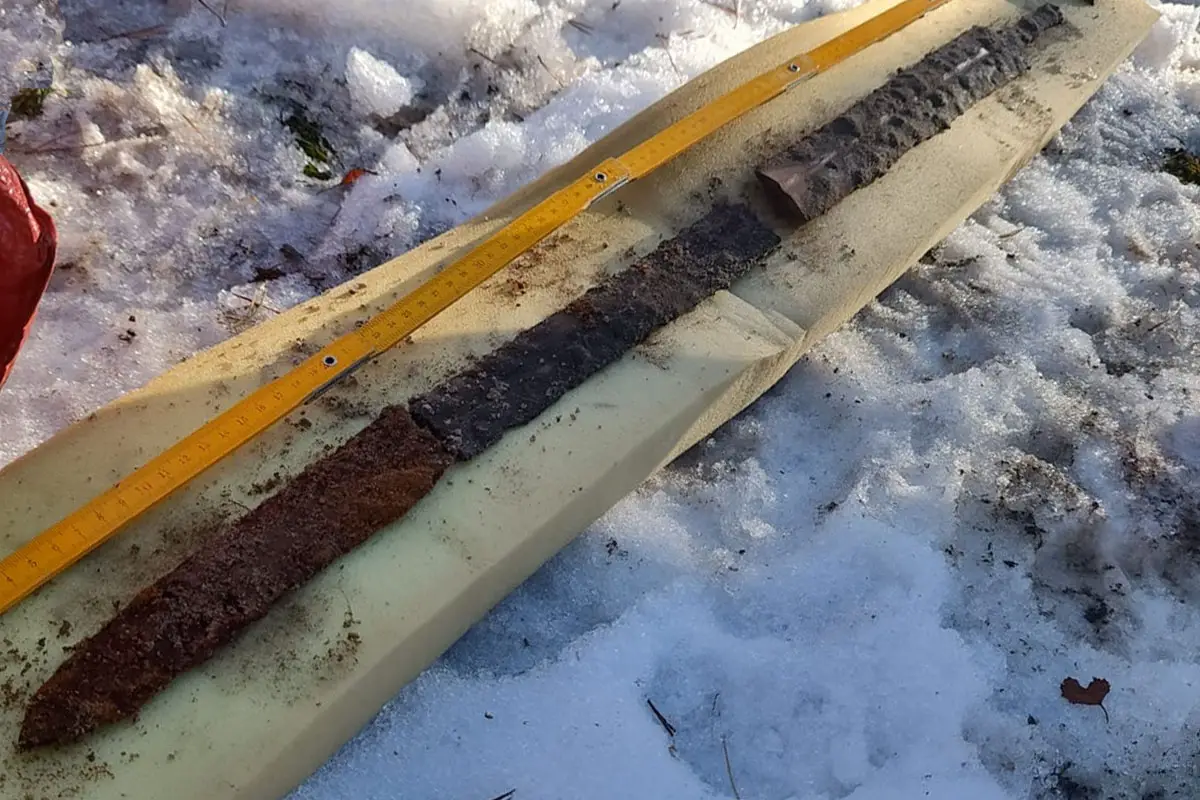
Detectorists discover 2,000-year-old Roman sword while searching for WW2 relics
Members of the INVENTUM Association, a group of metal detector enthusiasts, made an astonishing discovery in Poland’s Kraków-Częstochowa Upland: a 2,000-year-old Roman sword. The find was made by Rafal Proszowski and Mariusz Lampa while they were searching for World War II relics in the dense forests of the Polish Jura. After reporting their findings to
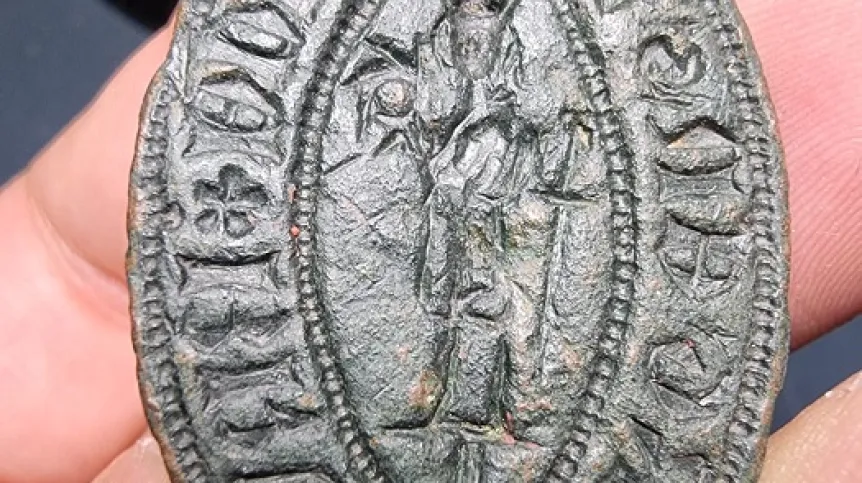
The Museum in Braniewo Received a Donation of a Rare Medieval Seal
Poland’s long-established Braniewo Museum recently enriched its collection with the acquisition of a rare 14th-century brass church seal. This well-preserved artifact is now on display in the museum’s main exhibition hall, attracting the attention of visitors. The seal features a Gothic inscription reading “+ S(igillum) ECC(lesia)E * BRUnSBERGEnSIS” along with an image of St. Catherine
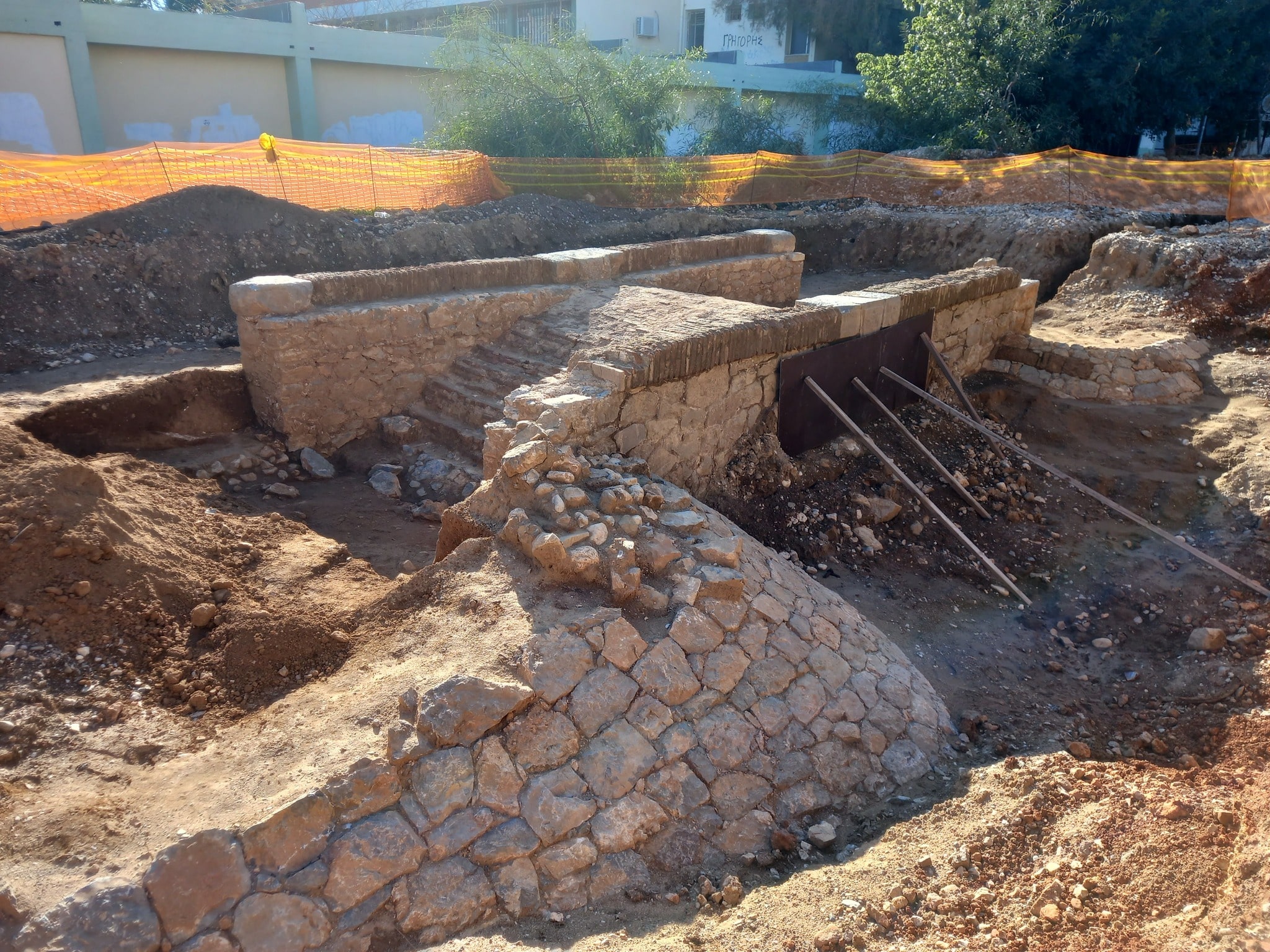
Ancient Roman Bridge Discovered During Railway Works in Greece
A Roman-era bridge was discovered during the ongoing suburban railway construction works in the ancient city of Elefsina, Greece. Elefsina (also known as Eleusis) is an ancient city located in the Attica region of Greece, 18 kilometers away from Athens. Situated on the coast of the Aegean Sea, Elefsina is particularly famous for the Eleusinian
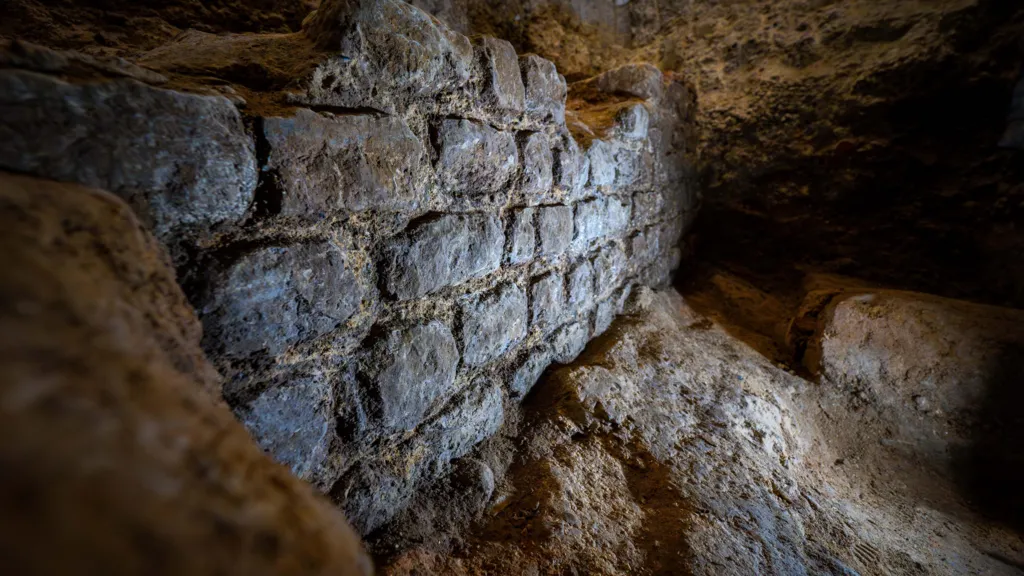
Archaeologists Discover Important Part of Roman Basilica in Basement of Building in London
Archaeological excavations in the basement of an office building in London have uncovered an important part of a Roman basilica. The team of archaeologists working at 85 Gracechurch Street experienced great excitement when they revealed sections of a stone wall that is believed to have formed the basilica’s foundation and should have been two and

Archaeologists Discover Earliest Evidence of Metal Mining in Poland
Archaeologists from the Jagiellonian University Institute of Archaeology have uncovered the earliest evidence of metal extraction and smelting in Poland. They found that lead ornaments from the Early Iron Age originated from the Olkusz lead deposits in the Silesia-Kraków Upland. Their findings appeared in the journal Archaeometry. New Insights on Olkusz Ore Deposits The researchers